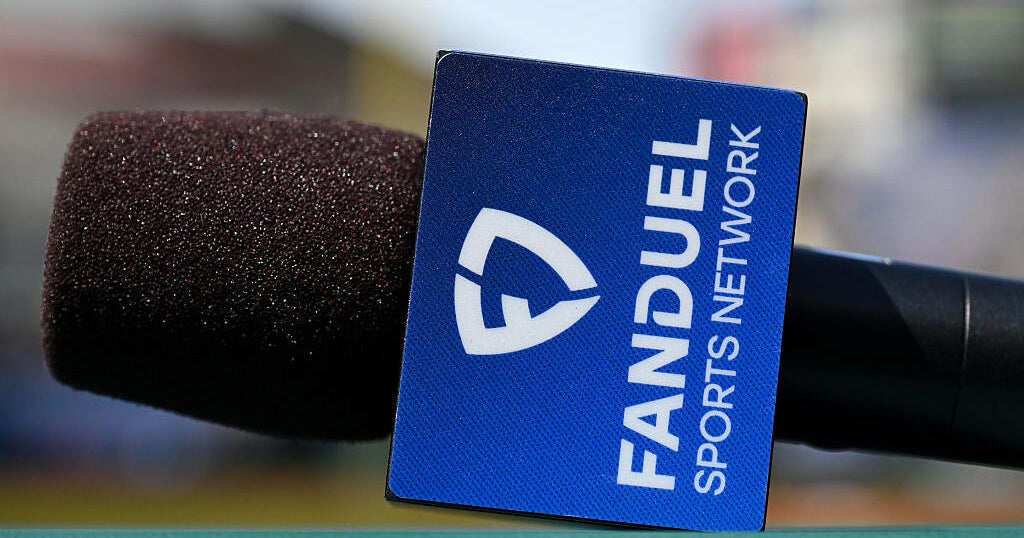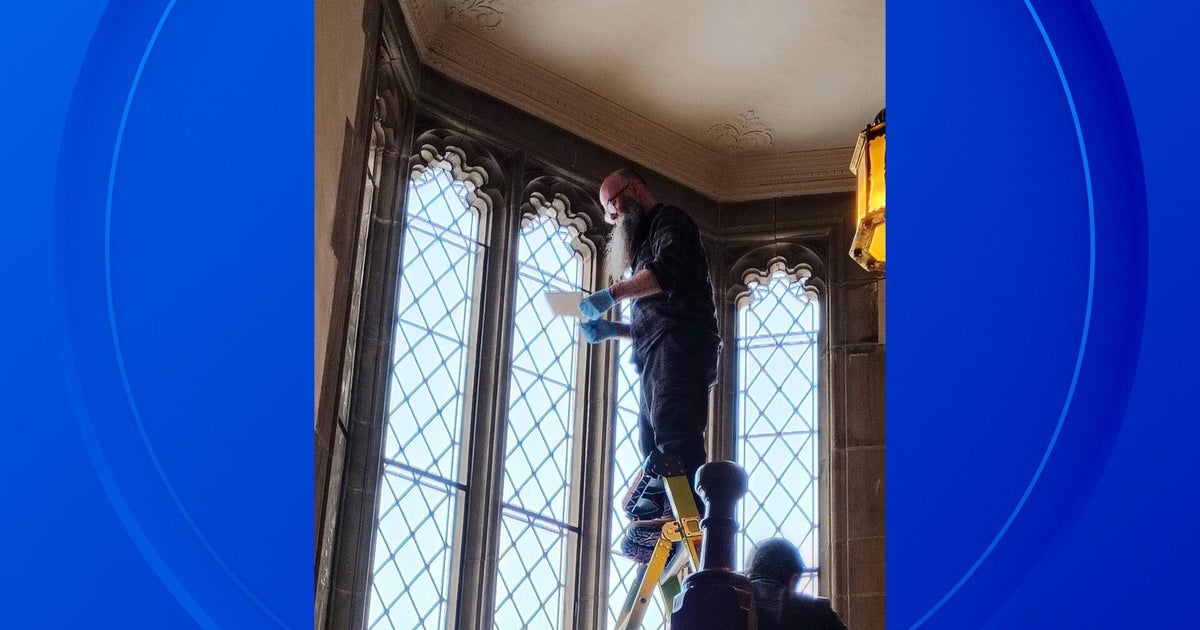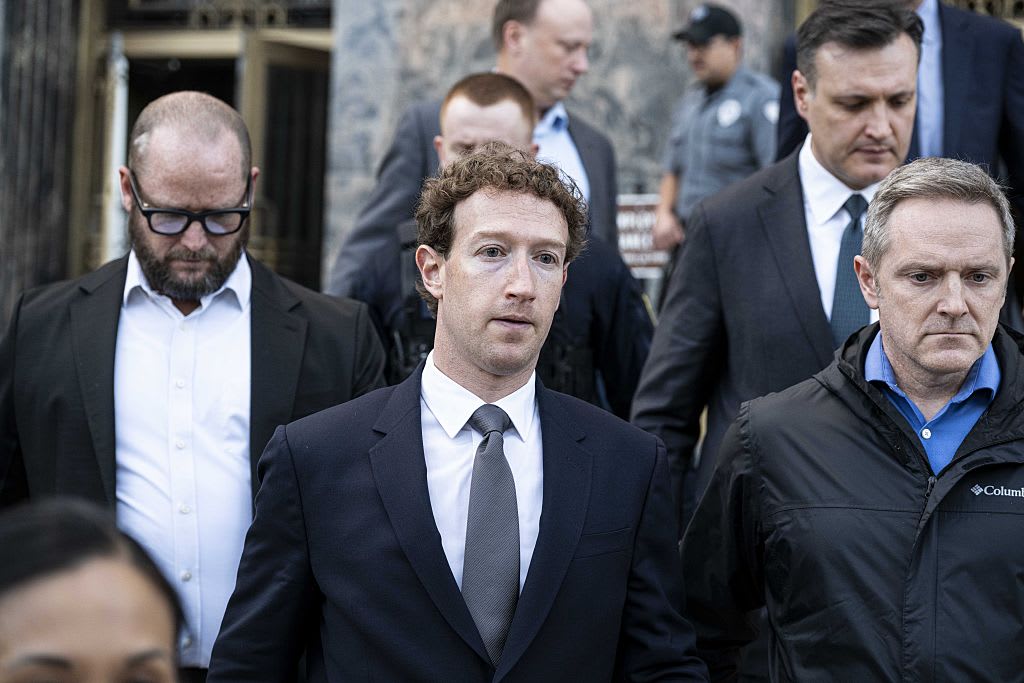Mark Zuckerberg: Facebook might have prevented 2003 Iraq invasion
Facebook CEO Mark Zuckerberg defended his company's decision to allow political lies and misinformation in a wide-ranging speech on Thursday in which he appealed to the virtues of debate and free expression.
Giving people a voice and enabling a vigorous exchange of ideas is good for society, Zuckerberg said in a speech Thursday at Georgetown University in Washington, D.C. Case in point? The U.S. invasion of Iraq in 2003, which, according to the Facebook founder, happened at least in part because of a failure to consider diverse perspectives.
"Back when I was in college, our country had just gone to war in Iraq and the mood on our campus was disbelief. A lot of people felt like we were acting without hearing a lot of important perspectives," he said. "I remember feeling that if more people had a voice to share their experiences, maybe things would have turned out differently."
That realization shaped his vision for Facebook, Zuckerberg said, describing the social media platform as something to "give people voice and bring people together."
Zuckerberg studied at Harvard University from 2002 to 2004, dropping out to run Facebook full-time after his project became popular off-campus. The U.S. led an invasion of Iraq in March 2003, based largely on faulty claims that the country had weapons of mass destruction.
The address comes after Facebook was criticized for allowing political ads that contain lies. The company recently ran an ad from the Trump reelection campaign that accused former vice president Joe Biden of corruption. The accusation hasn't been proved, and the Biden campaign asked for the ad to be taken down. Facebook declined.
Senator Elizabeth Warren last week took out her own campaign ad claiming that Zuckerberg endorsed Trump, a way of criticizing the company's stance by using a political falsehood against it. (Both Biden and Warren are running for the chance to challenge Mr. Trump as a Democrat in next year's election.)
Warren, who has been harshly critical of Facebook, doubled down after Zuckerberg's speech.
"Mark Zuckerberg's speech today shows how little he learned from 2016, and how unprepared Facebook is to handle the 2020 election," Warren said in a series of tweets.
"Here's the thing, Mark. Trump isn't just posting a lie on his own page for his own followers. Facebook is accepting millions of dollars from Trump to run political ads, including ones with misinformation and outright lies. Ads that TV stations won't even run," she said. "Facebook is actively helping Trump spread lies and misinformation. Facebook already helped elect Donald Trump once. They might do it again—and profit off of it."
On Thursday, Zuckerberg revealed that Facebook had considered dropping political ads altogether, given that "the controversy certainly isn't worth the small part of our business they make up." But the company concluded that such a ban would be tantamount to censorship.
"I know many people disagree, but in general I don't think it's right for a private company to censor politicians or the news in a democracy," he said, adding that other major tech platforms have also run these misleading ads.
"There are many more ads about issues than there are directly about elections," Zuckerberg said. "Would we ban all ads about health care or immigration or women's empowerment? If we banned candidates' ads but not these, would that really make sense to give everyone else a voice in political debates except the candidates themselves?"
Zuckerberg also drew on the work of Martin Luther King, Jr., protests against the Vietnam War and the persecution of socialist leader Eugene Debs in arguing for a minimum of censorship on the social network.
"The long journey towards greater progress requires confronting ideas that challenge us," Zuckerberg said. "You can't impose tolerance top-down . ... It has to come from people opening up, sharing experiences and developing a shared story for society that we all feel we're a part of. That's how we make progress."
Bernice King, the daughter of Martin Luther King, Jr., took issue with Zuckerberg's assessment.
"I'd like to help Facebook better understand the challenges #MLK faced from disinformation campaigns launched by politicians," she said on Twitter. "These campaigns created an atmosphere for his assassination."
Facebook has been taking small steps toward moderating the billions of posts that it hosts every day, and is forming an oversight board to help it with difficult content decisions. The board, which is expected to be made up of 40 members, plans to start hearing appeal cases next year.



